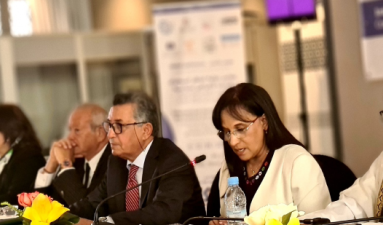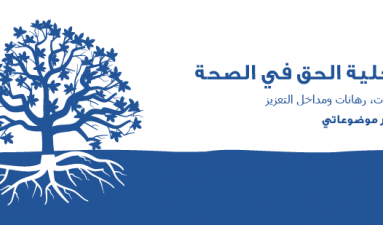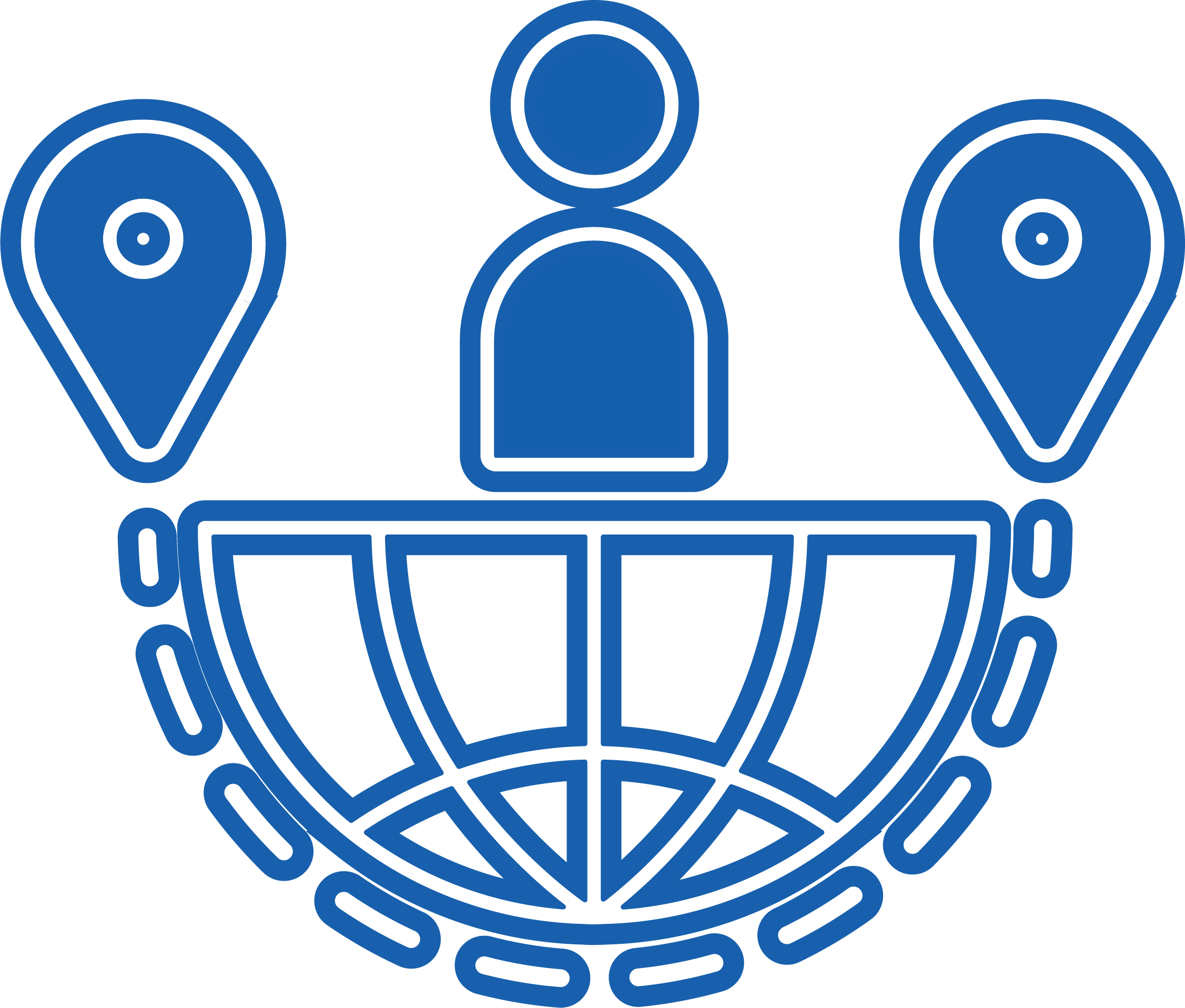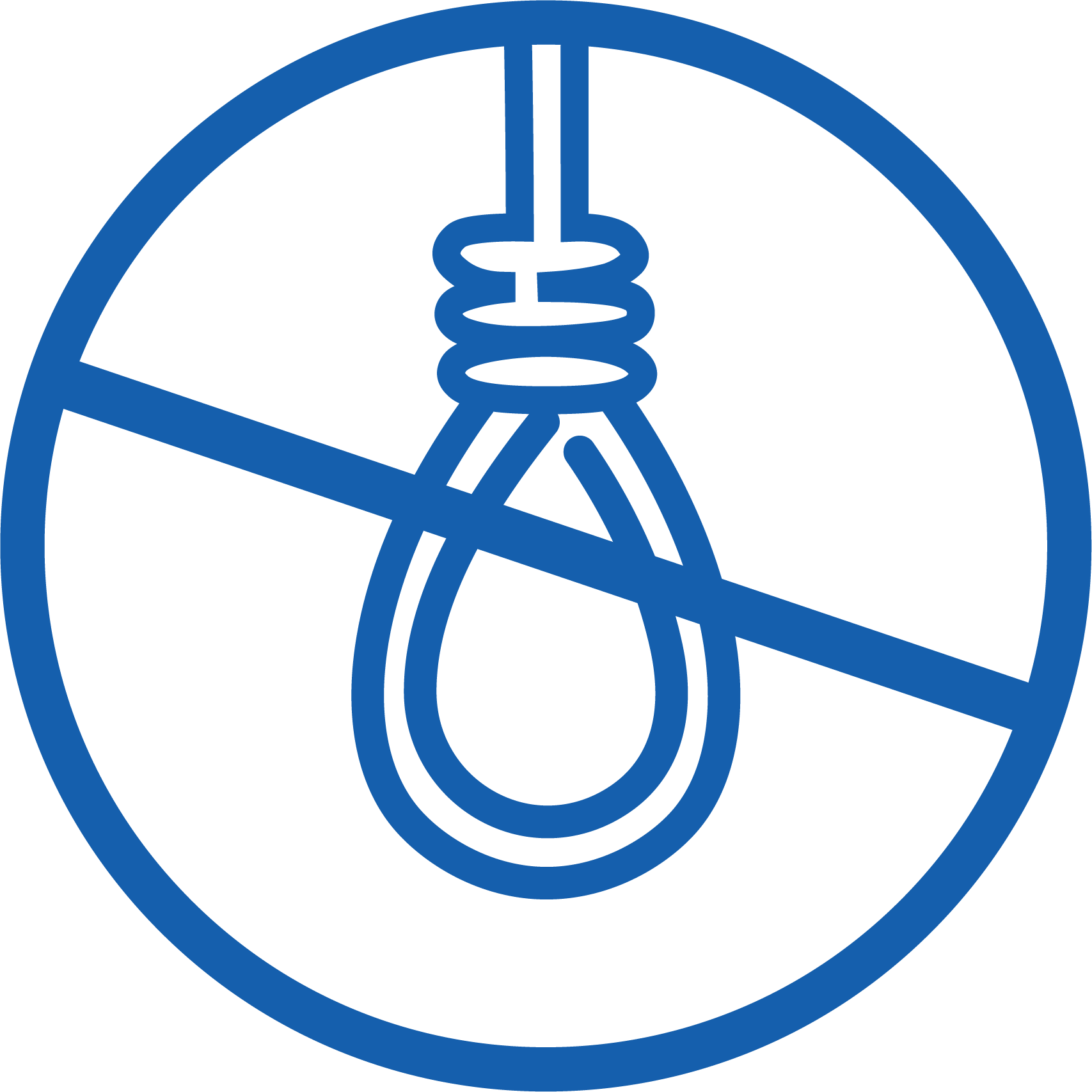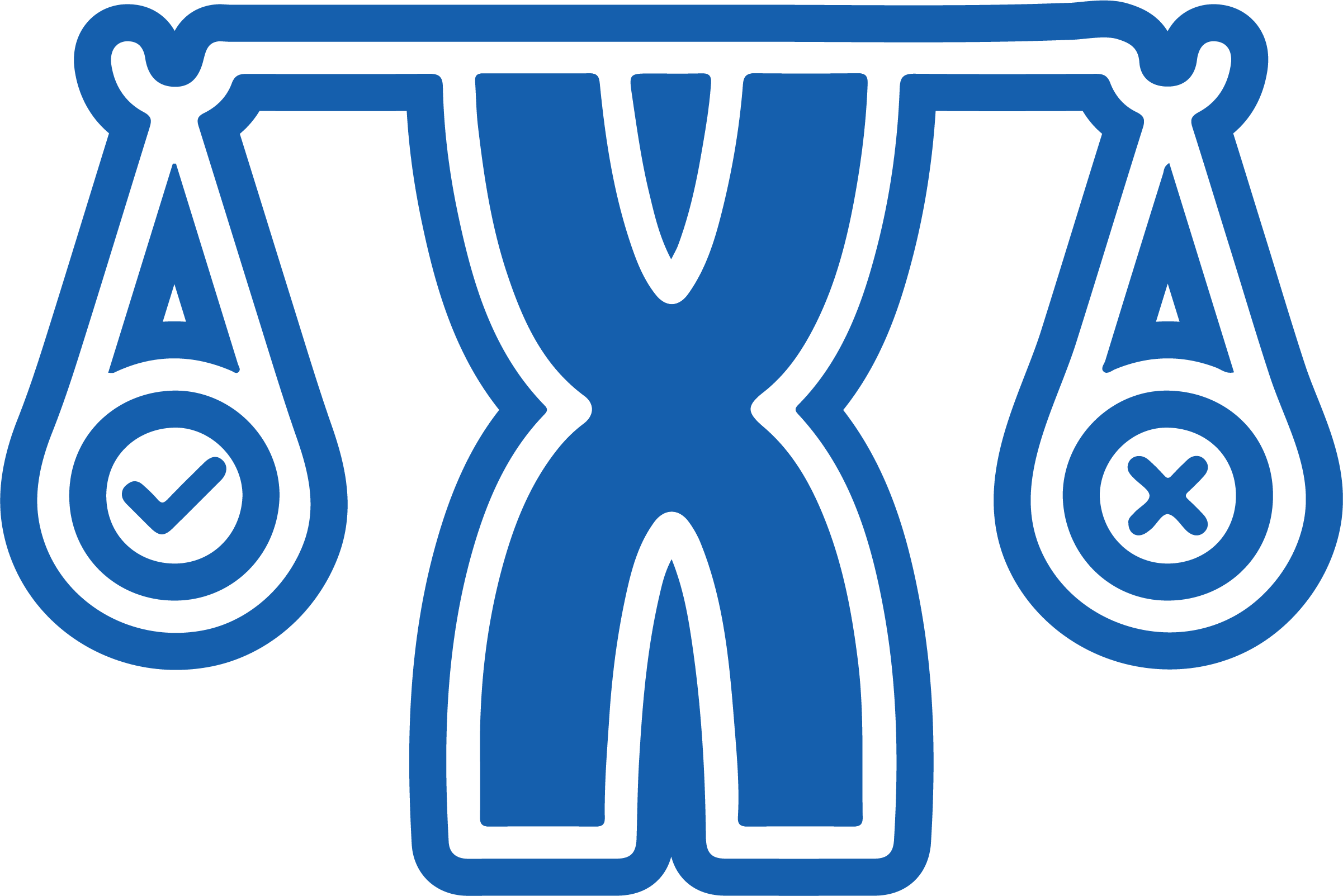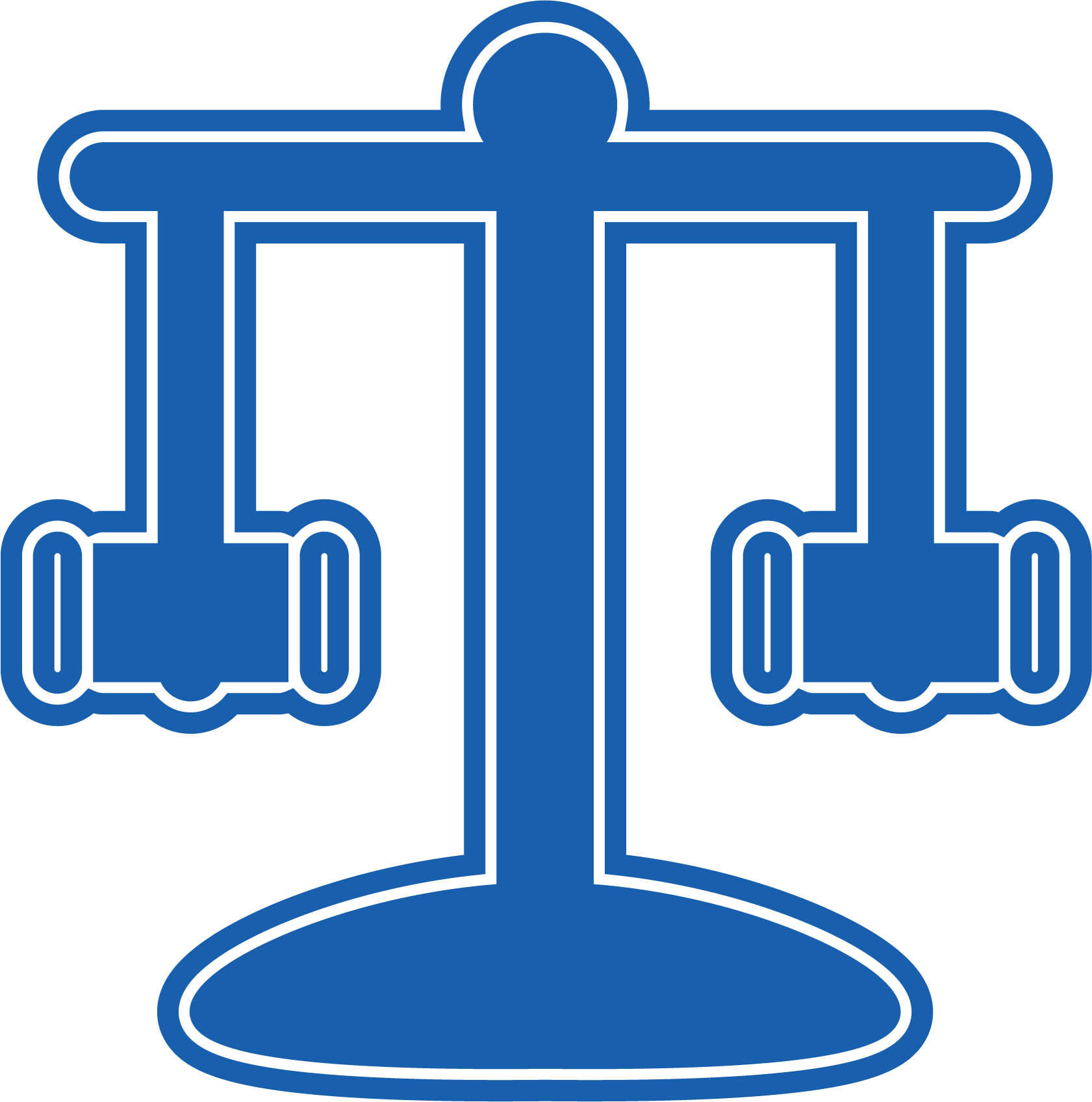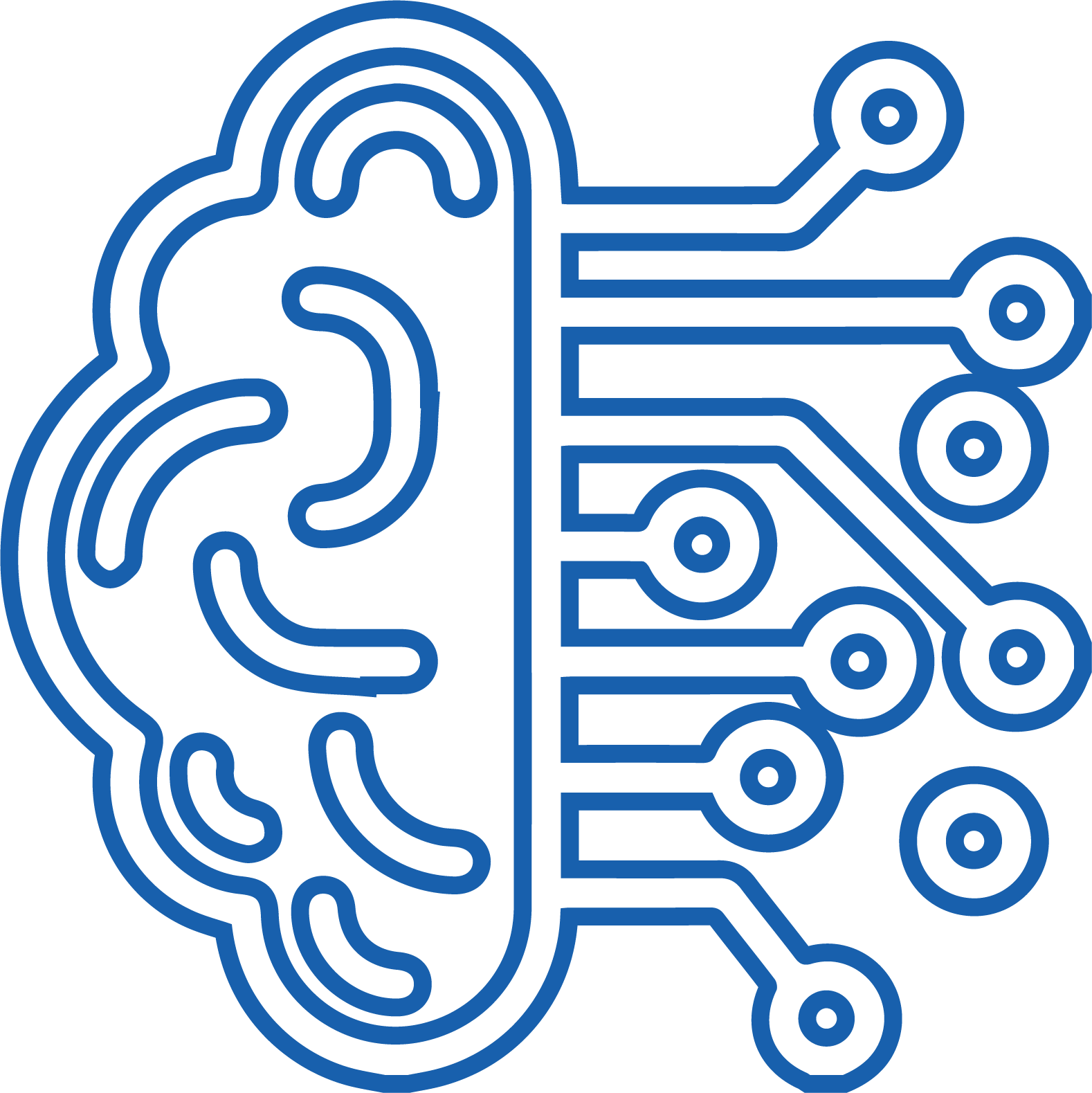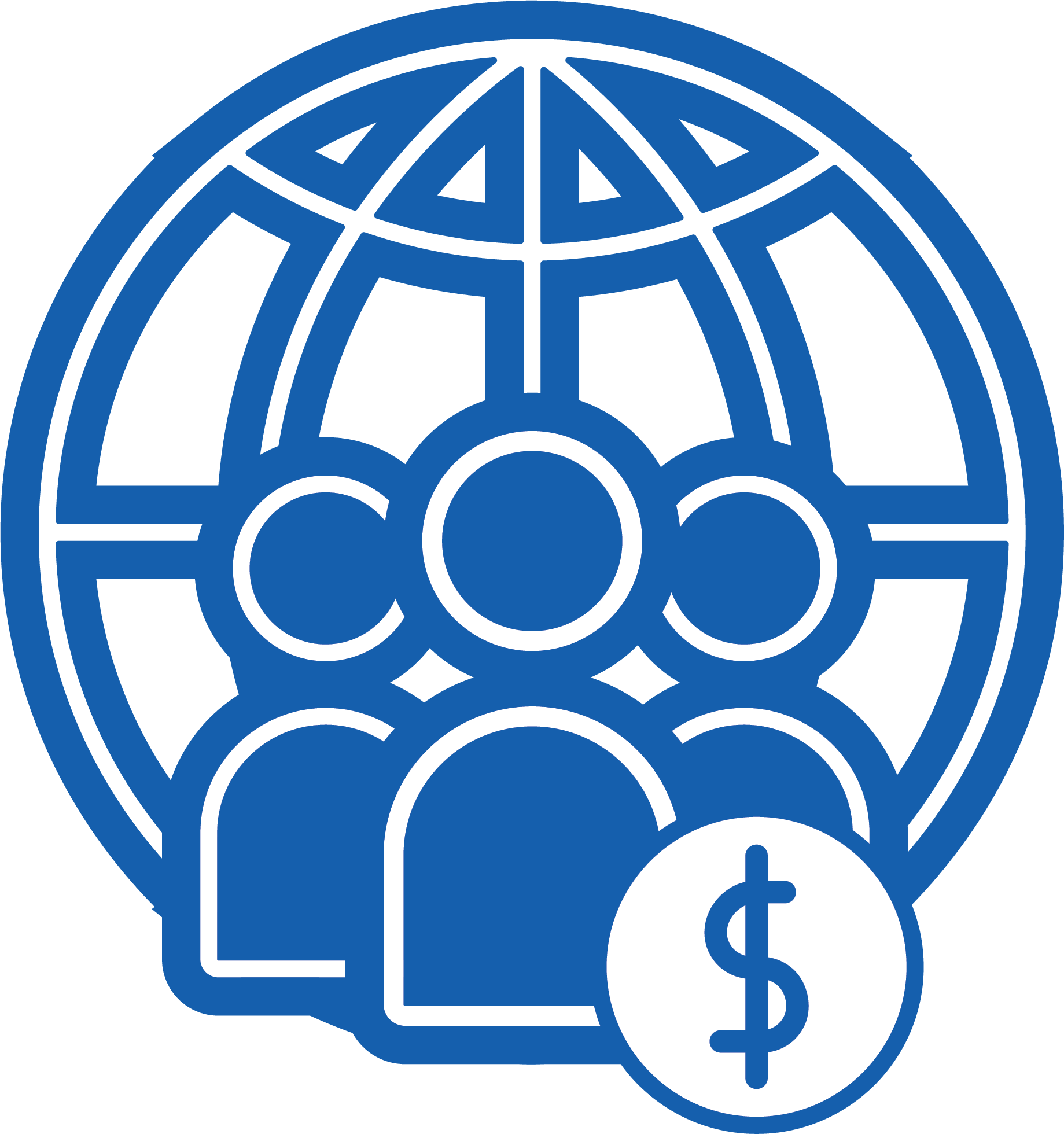The National Human Rights Council (CNDH) prioritizes tracking and evaluating public policies as a crucial aspect of its strategy, recognizing its vital role in protecting and promoting human rights and addressing critical issues in society.
In this regard, the Council regularly offers assistance and advice to the House of Representatives and the House of Councillors in evaluating human rights-related public policies. CNDH underscores the need for a comprehensive modernization of public policies, emphasizing transparency, data integration and the allocation of sufficient financial resources for sectors like education, health and social security. Additionally, it advocates for accelerating fiscal reforms to foster social justice.
The Council also stresses the importance of activating the role of national institutions focused on the environment, water and climate. It advocates for expedited structural reforms to ensure that public policies align with human rights objectives and enhance participation and transparency in the decision-making process. Furthermore, it recognizes the effective role of civil society organizations in promoting citizen participation and calls for the establishment of a legal framework for public consultation to enable their meaningful contribution to the country's development.
Amidst current challenges and crises, CNDH sees an opportunity to shift the prevailing approach to public policies by adopting "reflexive thinking." This approach, when integrated into the analysis and evaluation of public policies, contributes to problem-solving and addresses challenges effectively.
Furthermore, the Council calls upon reflection on transforming past experiences in public policies into valuable lessons. It emphasizes the identification and re-evaluation of points requiring attention, aiming to shift towards policies that consider various situations and comprehensively address shortcomings.
It is noteworthy that CNDH conducts consultative meetings, adopting a participatory human rights-based approach, to prepare its annual and thematic reports, memoranda and advisory opinions. This process aims to foster the convergence and integration of ideas, forming a comprehensive vision of the Council's role and its significance in enhancing the effectiveness and justice of public policies.


